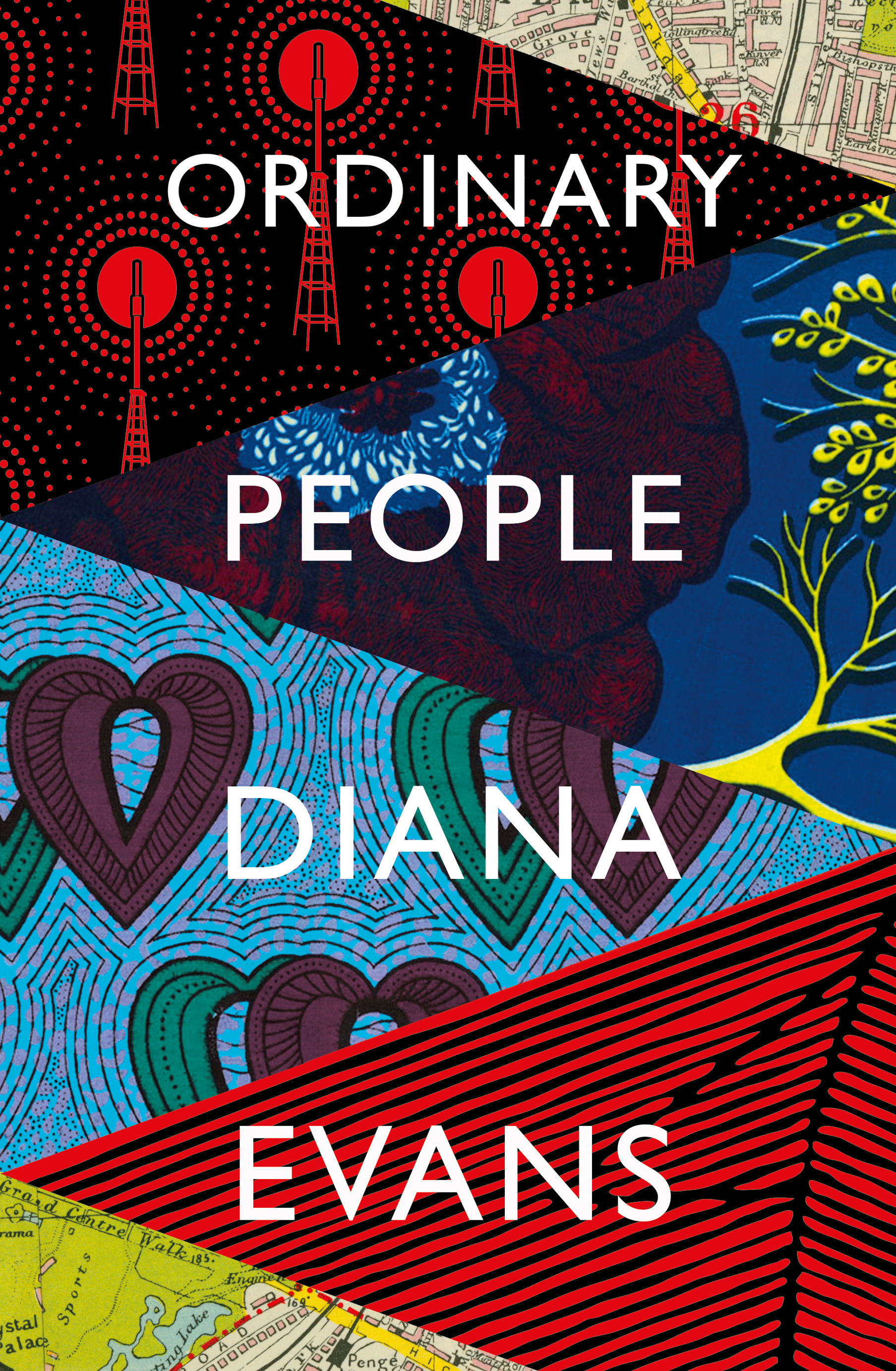What do you think?
Rate this book


329 pages, Paperback
First published April 5, 2018
Girl, I'm in love with you
This ain't the honeymoon
Passed the infatuation phase ..
Seems like we argue everyday
I know I misbehaved and you made your mistakes ….
We're just ordinary people
We don't know which way to go
Most Played album was John Legend’s 2004 debut Get Lifted, which was a journey of a different kind. … it fIollowed, as Michael interpreted it, the odyssey of a man changing from a womanising, nightclubbing, phone-number-collecting, good-time cheat into a responsible, mature and committed life partner. It was a slow and difficult road, strewn with conflict and temptation. He loved his girlfriend but he loved his freedom also, and couldn’t his girlfriend see, he sang in She Don’t Have to Know, that just because he slept around it didn’t mean he didn’t love her? …it didn’t mean she wasn’t still his Number One? No, she did not see, and the thing was that this girlfriend, this Number One, was not just any girl. She was special, she was bombastic, she was ‘off the hizzle!’. Snoop Dogg scolded him about it in I Can Change. He said, ‘When you find one like that, you got to make that change, man, cos they don’t come too often, and when they do come, you got to be smart enough to know when to change.’ … he spent one song in an agony of uncertainty called Ordinary People, where his love was undeniable but constantly running into hardship and there were arguments every day and no one knew which way to go. There were two choices, to Stay With You, or not to stay. He stayed. And a… they walked onwards, together, So High, into a future that would repeat their parents’ lives, that is, the ones who were still married. When it was cold outside they were a Refuge for each other, a sweet washing of the soul, a sunny path. …It was one of the best soul records ever made.
London may be the centre of the world to some people,’ meaning Damian, ‘but I’m sorry, I just don’t think it’s a very good place to raise children.’
The real difference was in her life, in her history. She could never know him completely because she had not lived as he had lived. She did not belong to the brown world in which he had learned his fear, his fury and his distrust.
“Sometimes in the lives of ordinary people, there is a great halt, a revelation, a moment of change. It occurs under low mental skies, never when one is happy. You are walking along on a crumbling road. The tarmac is falling away beneath your feet and you have started to limp, you are wearing rags, a cruel wind is blowing against your face. It feels as though you have been walking for a very long time. You are losing hope. You are losing meaning, and the only thing keeping you going is that stubborn human instinct to proceed. Then, immediately up ahead, you see something, something bright and completely external to your own life. It is so bright that it makes you squint. You see it. You squint. And you stop. For Damian, this happened on the morning of Thursday 25 June ………………….. it was only now that Damian fuly understood and recognised what it meant that his father was dead”
‘Oh, listen to you, Susan Sontag or Germaine Greer or whatever your name is. Are you sure you’re not the one with the script? See, I’ve always steered clear of feminism because they’re always so het up about everything instead of just getting on with their lives and just living, you know? It might have done a lot for women in the long run, but I think an essential thing it’s taken away from us, or at least contested in us, is an innocence of instinct. They talk about choice, yet they seem to look down on a woman’s choice to prioritise her children, as if she’s been forced into it. I’m not oppressed. My children don’t oppress me. They free me. It’s the man that’s the problem.’
The wedding was lost somewhere, first in an apathy of implementation, then in a cooling of euphoria which happens generally after three years, according to research, and later in the rubble of domesticity that mounts at the door of passion when a child has come and adult life has fully revealed itself, wearing a limp, grey dressing-gown.
Marriage, it was all about the kids. He himself had accepted this a long time ago, that children claim the love, they change it, they drink it, they offer it back to you in a sticky cup and it never quite tastes the same.
On the approach to the river the roads widened into boulevards and became in fleeting moments almost Parisian, the buildings slightly smoother and the stonework somewhat grander, shaking off a downbeat southern mood and a roughness of edge like a woman with messy hair neatening it up as she walked across the water
"'I'm on a mission to reclaim my literary innocence.'"
"They too had stayed up on Tuesday night watching blue eat red, and the Obama daughters walking on to the stage in their small, well-tailored dresses and their excited shoes had reminded many of the four lite girls bombed forty-six years before in the church in Alabama by the Ku Klux Klan."
"'The greatest challenge in life is not to die before we die,' Melissa said. 'I read that somewhere. It happens to a lot of people.' She was going to add, 'I think it's happening to me,' but didn't."